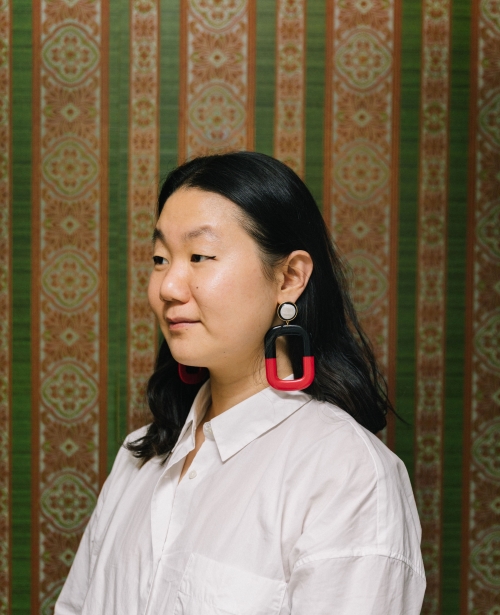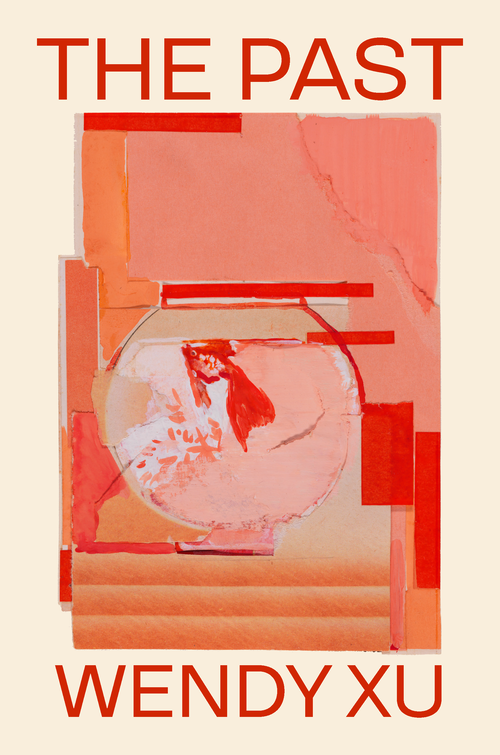Uncle visits me in the film where the artist encounters a dead man in the park, unconvincingly half-hidden in the bushes, and the chance to photograph death is so electric and brief that the artist runs away, forgetting the camera and the dark hum of the trees at night, runs to find a buyer for the photograph he has already forgotten to take.
Uncle belongs to the airlessness of memory, soft and black and quiet, while I hold to the white of the page, its paling folds, a skiff charging the future, cargo-less, tired. Were it any other color. Uncle doesn’t take sides now that he is dead, or he is forever on the side of the dead, who collect their prize every time. I am writing to reach the winning side.
Uncle expels doubt from the sentence threatening to double back on itself, its anger at carrying forth in a mute direction, its grief over where it began. Uncle begins again, while I pluck a memory at random, tender as it is: clear onion stew, from which Uncle ladles up a single unlidded goat’s eye, laughs and begins to see us with it. The squealing of children for more, the living oblige. I am not writing to photograph the past. I am writing to sit inside the pauses of Uncle’s sentences, the commas of the dead.
The stormless harbor where Uncle rests his head.





